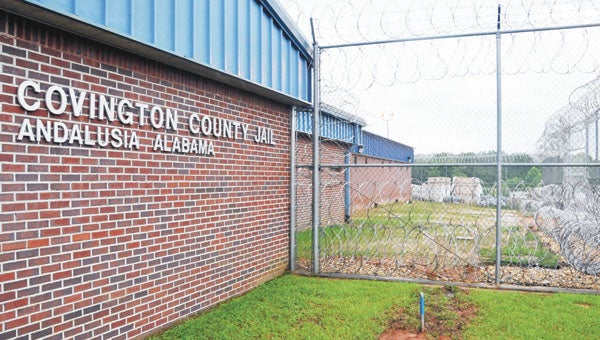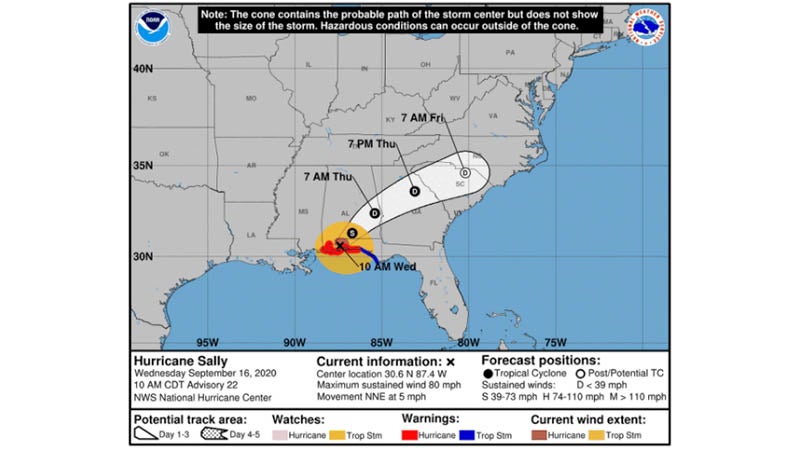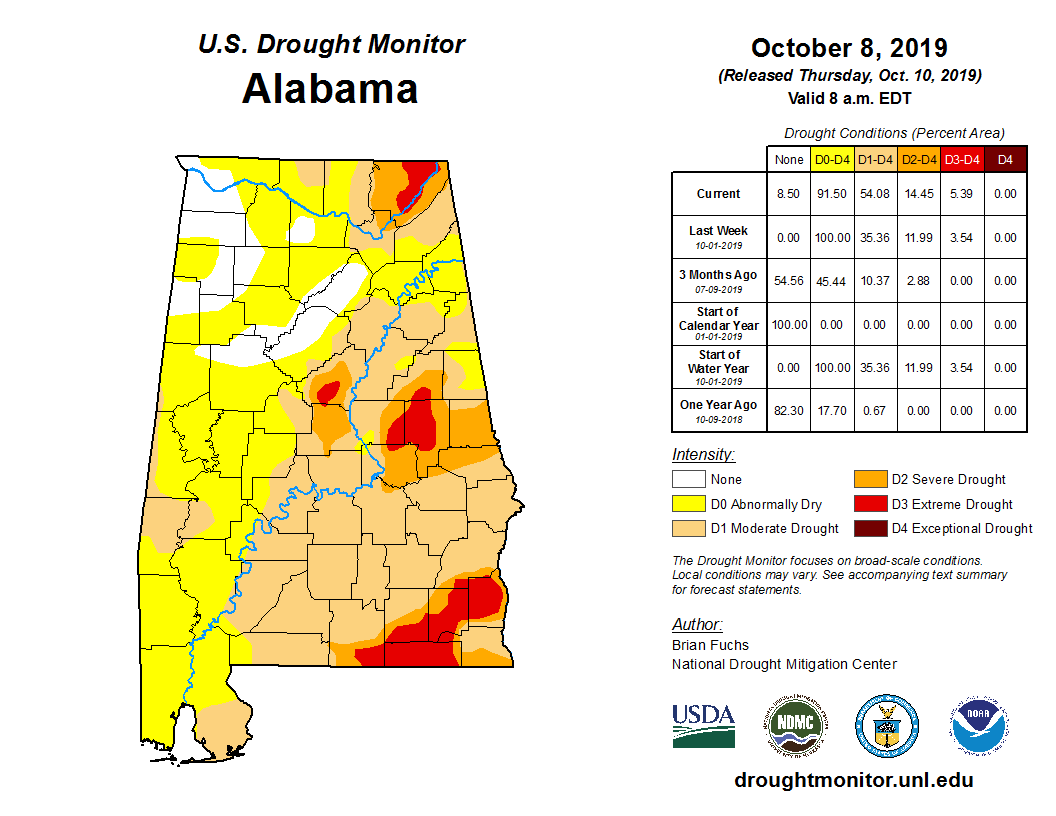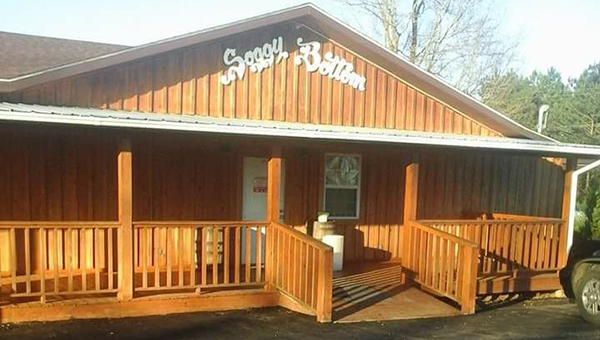Sheriff unsure of jail finish
Published 12:04 am Thursday, May 28, 2015
Construction on the new female section of the Covington County Jail is ongoing, and Sheriff Dennis Meeks said he doesn’t know when the needed space will be complete.
In 2013, county officials started talking about the expansion, which would help the population inside the current jail where both male and female inmates are held.
As of Wednesday afternoon, the jail was holding 210 inmates, which includes 174 males and 36 females.
Meeks said once complete, the new section will drastically help reduce the population in the main jail.
“It’s going to help us,” he said. “It’s really going to help us out.”
The new female section, once complete, will house 40 beds split into two sections within approximately 3,000 square feet of space. Twenty beds will line the walls of each half with a day common area, two toilets, two sinks and two showers.
Meeks said that Bay Area Contracting is handling the construction of the new section, adding that he doesn’t know when it’s going to be complete.
The low bid for the project was approximately $800,000.
Meeks said the section will house a washroom and dryer, which will help alleviate laundry duties from the main jail.
“Now, the women will do their own laundry,” he said.
Inside of the new section, walls have been erected to help designate each half. In addition to the washroom, there will be a nurse’s station.
“This is going to be the nurse’s office and exam room,” Meeks said. “That way we don’t have to take females (into the other section). Right now, the nurse comes up to see them, and then if she needs to take them to the back for something, and if it’s a female, it’s going to be done here.”
Upon completion, Meeks said the new section will free up 28 additional beds in the main jail to be used for low offenders.
“That’s what’s going to be good,” he said. “We’ll take some men out of the back and we’ll have a look at that. It will be like if they have a medical problem, then we can move them up here.
“If they’re in, say on DUI or something, then we’ll have them up here instead of putting them in the back so they can get bonded out,” he said. “And two, when we have to transport people back from the state, they’ll be housed up here, and not back in the population.”





